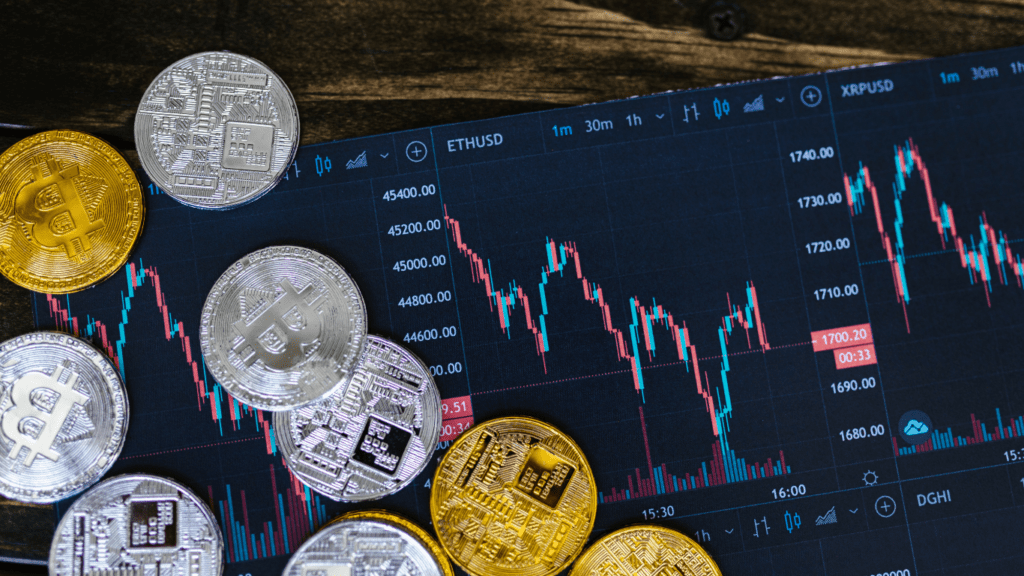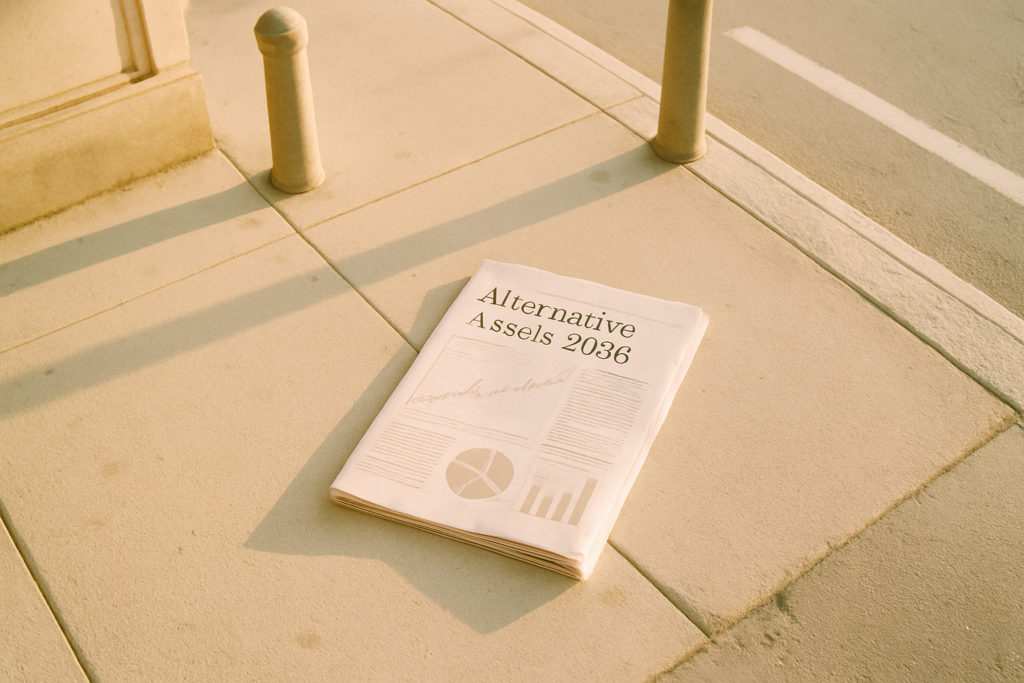In today’s unpredictable financial landscape, the wealthy are strategically positioning themselves to navigate potential market volatility. With economic uncertainties looming, high-net-worth individuals are adopting proactive measures to safeguard their assets and investments.
As someone who closely follows market trends, I’ve observed a growing trend among the affluent to diversify their portfolios and explore alternative investment options to mitigate risks. In this article, I’ll delve into the strategies that affluent individuals are employing to shield their wealth from market turbulence.
From hedging against market downturns to capitalizing on emerging opportunities, the wealthy are leveraging their resources and expertise to stay ahead in times of financial instability. Join me as we explore the proactive steps taken by the affluent to secure their financial well-being amidst the ever-changing market dynamics.
Factors Influencing Market Volatility
Strategies of Wealthy Individuals
In exploring the strategies adopted by wealthy individuals to navigate market volatility, I’ve identified key approaches that are prevalent among this demographic.
Diversification of Investment Portfolios
Diversification is crucial for wealthy individuals looking to mitigate risks during market fluctuations. Instead of putting all their eggs in one basket, affluent investors spread their investments across various asset classes like stocks, bonds, real estate, and commodities. This strategy helps them reduce the impact of a downturn in any single asset class, ensuring more stability and resilience in their overall portfolio.
Hedging Against Risk
Wealthy individuals often employ hedging strategies to protect their investments from potential risks. Hedging involves taking offsetting positions to minimize losses in the event of adverse market movements. For example, investors may use options contracts or futures to hedge against declining stock prices.
By hedging their positions, affluent individuals can safeguard their wealth and maintain a level of financial security during times of market volatility.
Impact of Market Volatility on Wealthy Investors
Exploring further how market volatility affects wealthy investors sheds light on the adaptability and strategic thinking required in wealth management. The flexibility in responding to market dynamics distinguishes successful affluent investors.
They understand that market volatility can create both risks and opportunities that need careful navigation. Diversifying my investment portfolio across various asset classes helps minimize the impact of market volatility on my overall wealth.
By spreading my investments, I mitigate potential risks and reduce exposure to any single asset class’s fluctuations. This strategic approach ensures a more stable portfolio performance over time, safeguarding my wealth against sudden market shifts. Employing hedging strategies is another key aspect of preparing for market volatility. Implementing options like put options or inverse exchange-traded funds (ETFs) provides a safety net against potential downturns in specific market segments.
This proactive risk management strategy helps protect my investments from significant losses during turbulent market conditions. Staying informed and agile in response to market trends is crucial for wealthy investors. Keeping a close watch on the market indicators and economic outlook allows me to make well-informed decisions promptly.
Being adaptable and ready to adjust investment strategies based on changing market conditions is essential for capitalizing on emerging opportunities while mitigating risks posed by market volatility. Wealthy investors navigate market volatility by diversifying their portfolios, employing hedging strategies, and staying informed to seize opportunities and mitigate risks effectively.
This proactive approach ensures resilience and stability in the face of market uncertainties, safeguarding wealth and financial security in the long term.
Precautionary Measures Taken by the Wealthy
Diving deeper into how affluent individuals safeguard their wealth during market fluctuations, it’s crucial to highlight the precautionary measures they take to mitigate risks effectively. By implementing these strategic steps, high-net-worth investors fortify their financial positions and shield themselves from potential market instabilities.
Adopting a proactive stance, wealthy individuals prioritize diversification across a spectrum of asset classes. This strategic approach involves spreading investments across various categories such as equities, bonds, real estate, and commodities.
By diversifying their portfolios, they reduce exposure to volatility in any single asset class, cushioning the impact of market turbulence on their overall wealth. Furthermore, wealthy investors often leverage sophisticated hedging strategies to safeguard their portfolios from downturns. Utilizing derivative instruments like put options or inverse exchange-traded funds (ETFs), they can protect their assets against adverse market movements.
These hedging mechanisms serve as financial safeguards, offering a level of security and stability amidst unpredictable market conditions. Staying well-informed and actively monitoring market trends are integral aspects of the risk management practices adopted by affluent individuals.
By keeping abreast of economic indicators, geopolitical developments, and emerging trends, wealthy investors can make informed decisions to capitalize on market opportunities and navigate potential risks prudently. Continuous monitoring and analysis empower them to adjust their investment strategies in response to changing market dynamics, ensuring a resilient financial position in the face of uncertainty.
In essence, affluent individuals proactively safeguard their wealth by diversifying their portfolios, employing sophisticated hedging strategies, and staying informed to adapt to evolving market conditions. These precautionary measures not only protect their assets from market volatility but also position them to seize opportunities for wealth creation in a dynamic economic landscape.






